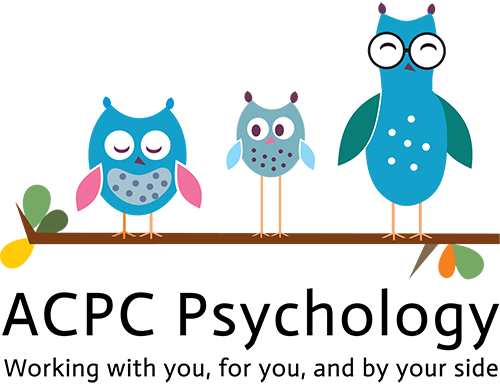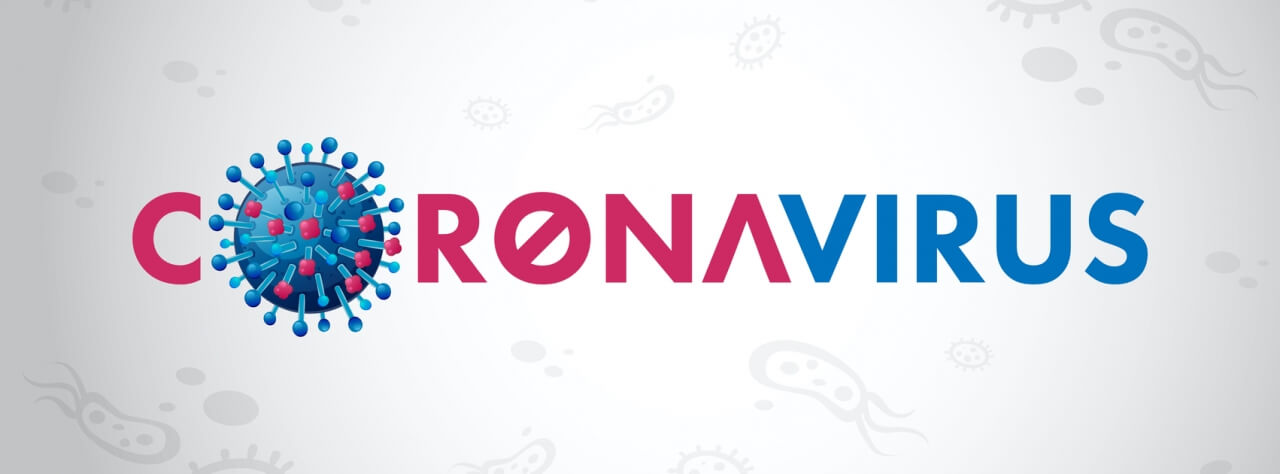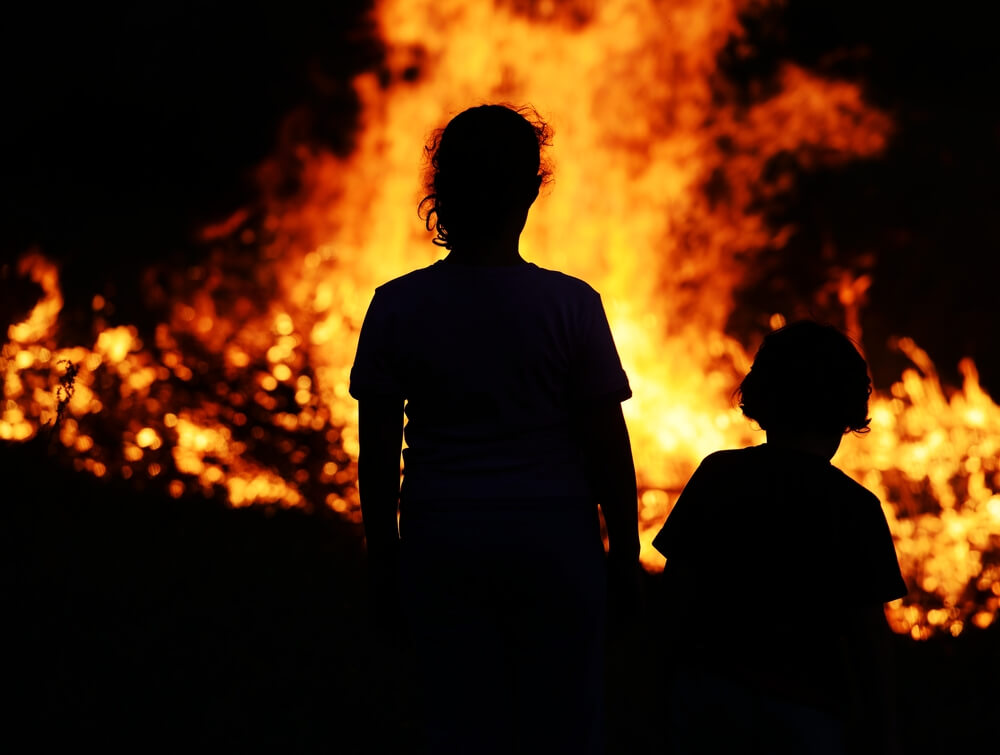Anxiety: Assessment & Treatment

Anxiety is generally defined as feelings of worry, fear and apprehension or nervousness. When people present with an anxious presentation, they report experiencing excessive levels of anxiety, quite frequently, which may prevent them from carrying out their day to day activities. They simply become overwhelmed with their feeling of fear and worry.
Anxiety impacts three main areas:
1) Our Body (physiological)
2) Our Thoughts (cognitive) and
3) Our Actions (Behaviour).
In other words, when someone is anxious and perceive a situation as threatening, they are likely to experience a number of physiological reactions (e.g. racing heart, hyperventilation, nausea etc.). They are also likely to think more catastrophically and negatively than non-anxious people (Beck, 1976).
Common Examples may include "What if I make a mistake?" or "What if I say something and people laugh at me?" or "What if something bad happens to me?" or "What if I make a fool out of myself?". Consequently, anxious people begin to avoid the objects or situations they fear in order to feel calmer and gain a sense of relief.
Anxiety in Children and Adolescents
Many parents and families often wonder what causes anxiety in children and adolescents, and it is often a combination of biological (e.g. genetic predisposition) and environmental factors (e.g. changes, death of a family member/ pet, family life stressors, an emotional shock following a traumatic event, some form of abuse/ trauma) which can lead an individual into developing anxiety.
It is important to note that individuals may present with anxiety as part of another presentation (e.g. autism spectrum, developmental delay, ADHD, learning/ language difficulty) or present solely with an anxiety presentation.
Types of Anxieties
There are different types of anxiety. The most common anxiety presentations, as listed in the Diagnostic and Statistical Manual of Mental Disorders: , Fifth Edition (DSM-5) in children and adolescents are displayed in the following table:
- Separation Anxiety: Excessive anxiety regarding separation from home or from people to whom the individual has a strong emotional attachment (e.g. a parent, caregiver, or siblings).
- Generalised Anxiety: Excessive, uncontrollable and often irrational worry, that is, apprehensive expectation about events or activities, which often interferes with daily functioning.
- Social Anxiety: Intense fear of being criticised, embarrassed or humiliated in everyday situations, such as speaking to others, presenting a speech, or being assertive.
- Specific Phobia: Intense fear about a particular object or situation and may go to great lengths to avoid it, for example, a fear of an animal (e.g. dogs), having an injection or travelling on a plane.
- Obsessive Compulsive Disorder: Experiencing ongoing unwanted/intrusive thoughts and fears that cause anxiety. Despite the person acknowledging that these thoughts are irrational, they often engage in certain behaviours or rituals to try to relieve their anxiety
- Post Traumatic Stress: may occur when a person experiences a traumatic event (e.g. abuse, war, assault, accident, disaster). The symptoms can include difficulty relaxing, upsetting dreams or flashbacks of the event, and avoidance of anything related to the event.
- Panic Disorder: Experiencing recurrent panic attacks that individuals believe that they are having a heart attack or are about to die.
- Panic attacks are intense, overwhelming and often uncontrollable feelings of anxiety combined with a range of physical symptoms (e.g. shortness of breath, chest pain, dizziness & excessive perspiration.
- Selective Mutism: Failure to speak in certain situations where speech is expected of them despite being fully capable of speech and understanding. They may be perceived as "shy" or "rude" by others.
ACPC Psychology aims to provide children and their families services that are evidence based suitable to individual needs.
A comprehensive assessment is conducted with families for the purpose of creating an intervention plan specific to the individual needs of your child and family. The assessment and treatment process includes:
- Standardised assessment and screening measures that assesses social, emotional, and behavioural developmental issues associated with Anxiety presentations. These measures may include: Anxiety Disorder Interview Schedule - Fifth Edition (ADIS-5) Child and Parent Interviews
- Gold standard therapeutic interventions derived from evidence based research specific to anxiety disorders
- Pre and post outcome measures to enhance treatment outcomes
More complex cases of anxiety: Selective mutism
In some cases where children with Selective Mutism and social anxiety have strong fears towards new situations and unfamiliar people, our psychologists ensure that several strategies are used to increase the child's sense of security in their social surroundings. This may include but is not limited to;
- Working with the parent only through parent coaching & support service on understanding and managing their child's anxiety
- Works closely with preschools and schools (with parental consent) to provide strategies to enhance communication and interactions beteween the child and peers/ staff
- Creating specific exposure plans with parent and/or educators to ensure that the child is progressing in their anxiety management and thus improving communication in social settings.
Fur further information, please see our list of services.



